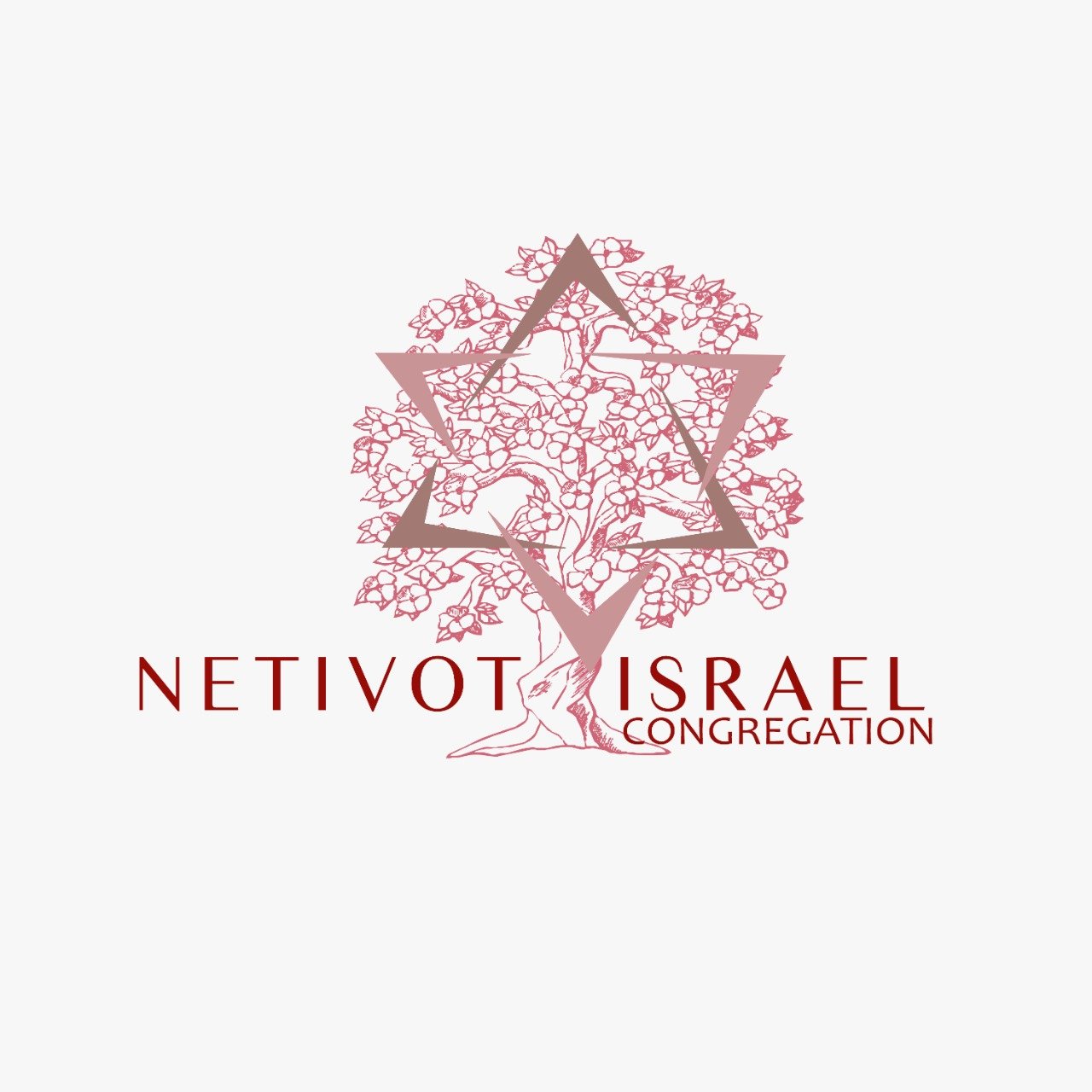Tetzaveh
The Omission of Moshe Rabbeinu's Name
The Ba'al Haturim, in the beginning of this week's parasha, famously writes that Moshe Rabbeinu's name is not mentioned anywhere in this parasha, unlike every other parasha since he was born until the end of the Torah. And the reason for this omission, explains the Ba'al Haturim in the name of the Zohar, is because Moshe Rabbeinu said, after the sin of the egel hazahav, "Forgive their sin and if not, please erase me from Your Sefer Torah". Explains the Zohar that the curse of a Chacham, even if said conditionally, will still be effective. That is why Moshe's name was "erased" from Tetzaveh.
According to the Ba'al Haturim, the omission of Moshe Rabbeinu's name from this parasha was a consequence of Moshe Rabbeinu saying, "please erase me". But if the cause was this statement of Moshe, why was his name only erased from Parashat Tetzaveh; surely this statement should equally apply to each and every parasha in the Torah?
The Mishkan – A Microcosm of the World
We would like to suggest the following: Parashat Tetzaveh discusses the bigdei kehuna, the uniform worn by the kohanim while performing avodah in the Mishkan, and also discusses the milu'im – the inauguration of the Mishkan. The Mishkan epitomised the main purpose of creation – to cause hashra'at hashechina in this world. Therefore, since the ultimate purpose of creation was finally actualised in the inauguration of the Mishkan, Moshe Rabbeinu's name was omitted from this parasha specifically, because Parashat Tetzaveh is a microcosm of the purpose of creation.
Why Was Moshe Punished?
There is another difficulty in the aforementioned Ba'al Haturim. When Moshe Rabbeinu said "please erase me", he was pleading with Hashem to have mercy and forgive klal yisrael. Not only did Moshe beseech Hashem to forgive klal yisrael, but he also gave Hashem an "ultimatum" – forgive klal yisrael, or erase my name. Surely Moshe should be praised for his devotion and loyalty to his nation; why was he "punished" by having his name omitted from a parasha?
The Ohr Gedalyahu (Rav Gedalya Schorr zt"l) asks, why does Tetzaveh begin with "v'atah…" "and you should…", surely the vav ("and'') is superfluous, and the passuk could have said "atah…" "you should…"? Explains Rav Gedalya Schorr that the intention of the passuk is to indicate Hashem's participation, i.e., "Me and you [will together instruct]". We see from here that Moshe Rabbeinu was acting only as the emissary and voice of Hashem.
Based on this principle, we can suggest that Moshe Rabbeinu was not being punished by having his name omitted from Parashat Tetzaveh. Rather, since he acted only as an emissary of Hashem, mention of his name was unnecessary and superfluous. The omission of Moshe's name shows us his total devotion to Hashem.
Lighting the Menorah
The opening passuk of Parashat Tetzaveh instructs to take olive oil, with which to light the menorah. This passuk appears to be out of place; Parashat Teruma discussed the Mishkan and it's keilim, and Parashat Tetzaveh discusses the bigdei kehuna and the inauguration of the Mishkan. Why is the instruction of taking olive oil inserted here, after the instruction of the Mishkan; surely it would be more appropriate to be mentioned in connection to the menorah?
We can suggest that the Torah specifically brings the instruction of lighting the menorah over here, in between the instruction of the Mishkan and instruction of bigdei kehuna, to show that shechina in this world, which is epitomised by the Mishkan, can only be achieved through limmud hatorah. This Torah serves as a candle that illuminates the darkness of this world and gives a person better vision to see the spiritual dangers of the world, and distance himself from them. However, a person who is not immersed in Torah study is akin to a blind man who is prone to accidents, because he does not have the vision to protect himself. The Torah referred to here is Torah that is not only learnt but Torah that is also internalised.
Let us devote ourselves to limmud hatorah, Torah will elevate us and reconnect us to Hashem and increase hashra'at hashechina in this world.
It is also worthwhile mentioning what our sages taught us , that Parashat Tetzaveh falls on the week of 7th of Adar which is the day when Moshe Rabeinu passed away from this world .
May we merit the zechut of learning and excelling in limud Torat Moshe Rabeinu .
Torah Tssiva Lanu Moshe Morasha Kehilat Yaakov.
Shabbat Shalom!

